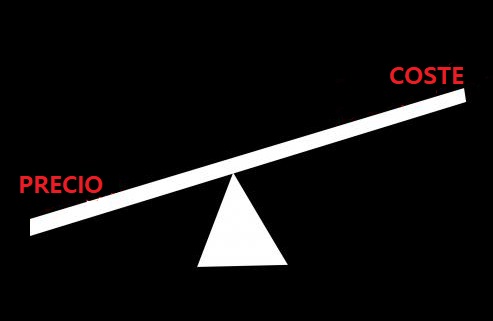
Dumping consists of selling a product at a price below its cost of production.
The objective of companies that dump is to:
- The conquest of new international markets: dumping is used to enter a country's market. To do this, the company that wants to enter the market reduces the prices of the product below cost, with the intention that the rest of the companies cannot compete at that price and have to leave the market, which becomes a monopolistic market. Once achieved, the dumping company raises prices and the consumer has no choice but to consume its products, since there is no competition.
- Defending a market: This is used to fight against new competitors and try to drive them out of the market.
- Transforming a market into a monopoly: One of the companies operating in the market, lowers prices below cost in order to drive the others out. As in the previous cases, it is usual for the company to raise the price at that moment, since consumers cannot buy that product or service from another company.
In the case of some commodities, the law sets a price below the cost of production. This practice is not called dumping, because it is not aimed at eliminating competition, but has a social objective, which is that most of society can access the product or service.
Dumping is a practice prohibited by most international agreements, among others the GATT (General Agreement on Tariffs and Trade, General Agreement on Trade and Tariffs), WTO at present.
Related terms
Competition | Consumers | Market | Monopoly | Price